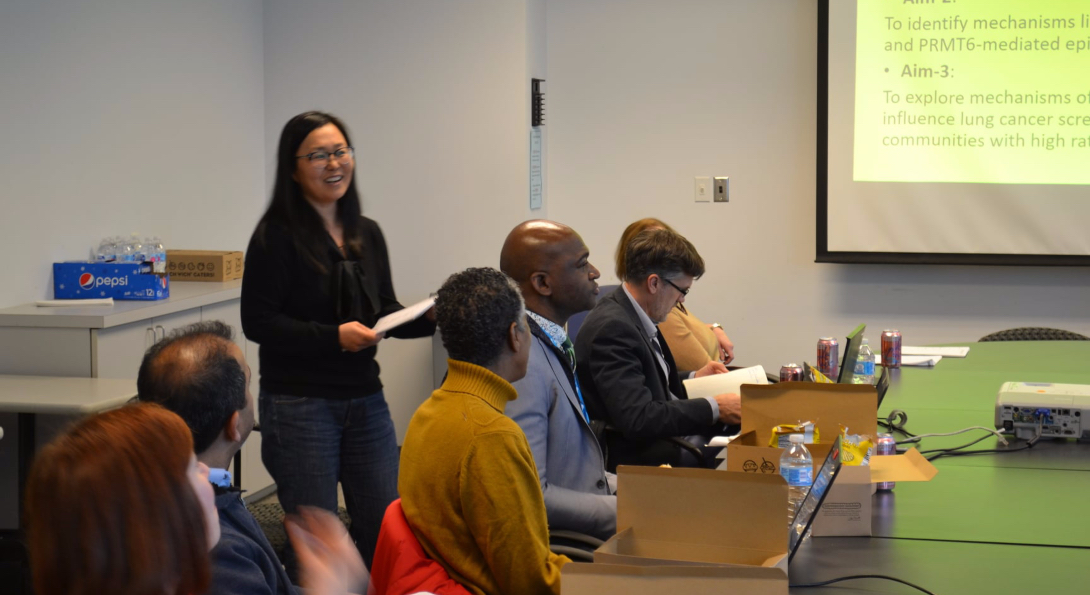Experts Discuss Data Collection During COVID-19 Pandemic

Story text Heading link
The COVID-19 pandemic has shined a spotlight on the importance of data collection to better address healthcare outcomes, a trio of health officials said last week.
During a virtual event hosted by the Health Care Council of Chicago, officials said they have had several challenges accessing data necessary to address issues raised by the pandemic, such as its disproportionate effect on underserved communities
Angie Grover, co-founder of Chicago’s Metopio, a data management agency, said there have been inconsistencies in how the data is being reported by various state and local agencies, like some reporting residents who died from the disease compared to others reporting residents who died with the disease.
The change in federal data collection to the U.S. Department of Health and Human Services rather than the Centers for Disease Control and Prevention also raises concerns over the data’s continuity, timeliness and transparency.
“Needless to say, shifting policy in a politically charged environment, layered on top of the operational challenges of a decentralized public health system, make data collection and standardization very difficult,” Grover said.
Sage Kim, PhD, associate professor of health policy and administration at the University of Illinois at Chicago (UIC) School of Public Health, said a limited or lack of necessary data has made it difficult to understand the impact of COVID-19, particularly among racial and ethnic disparities.
This pandemic exposed not just a vulnerability to our system. It also shows the significant need for better data.
Stephen Brown, director of preventive emergency medicine at UI Health, said their work to address homelessness in Chicago has faced challenges related to the difficulty in acquiring data, specifically related to the homeless mortality rate
“We know the mortality is great, we just have no way to get to the data yet,” he said.
While there has been a bevy of challenges, officials said there are reasons for optimism.
Kim said it has been an incredible experience watching those in the field recognize the importance of having reliable data and quickly organizing and forming collaborative teams to gather it.
“It’s been truly incredible the mobilization and coalition building,” she said.
Grover said the pandemic has shined a light on the importance of “data collection and data hygiene” to better respond to the pandemic.
“There’s a lot at stake and many decisions are being made on these numbers,” she said.